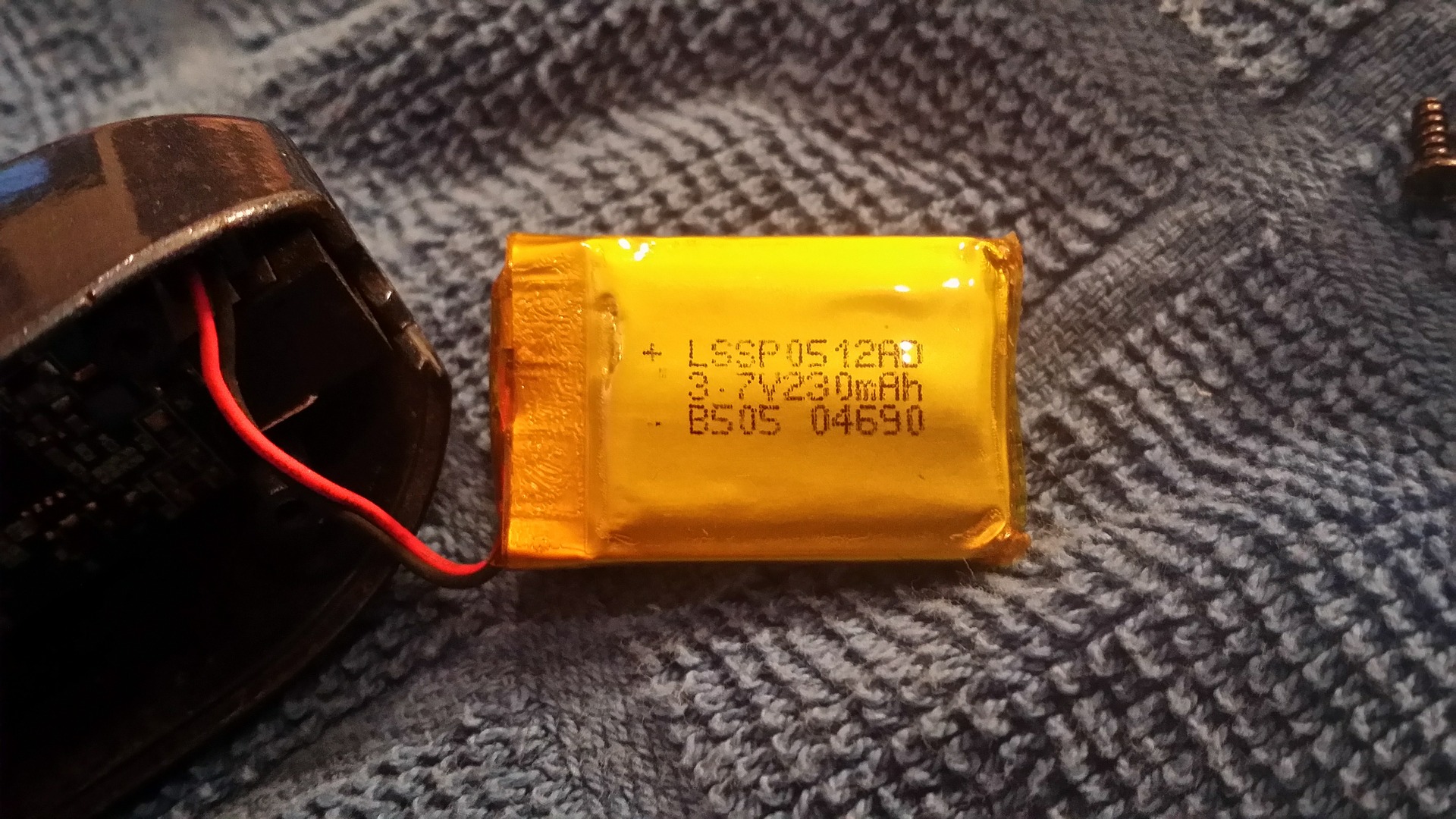Last month, China's state-run Xinhua newspaper reported that China may start to wind down production of petrol and diesel cars more quickly than previously thought.
The news heightened excitement about electric cars and increased the frenzy in lithium, an important component for electric car batteries. Interest in Lithium isn't new though, the Lithium price has jumped 47% since 2015 and has risen six-fold since 2002.

Source: Metalry.com
The attraction of Lithium is that Lithium-based batteries are lighter and charge faster than traditional ones. That makes Lithium-based batteries ideal for electric vehicles, and some commentators have referred to Lithium as 'white petroleum.'
How to invest
So are ETFs the right vehicle to invest in Lithium?
Sadly, there's no ETF that directly owns the metal and there isn't even a synthetic ETF that tracks Lithium prices. That's because all production currently goes direct to users and there's no trading market for the metal. The London Metal Exchange is discussing setting up a Lithium futures market, but it may not happen for another two years, says James Butterfill, Head of Research and Investment Strategy, at ETF Securities.
So the only way you can use ETFs to make an investment in Lithium is if you go for a US ETF - the Global X Lithium & Battery Tech ETF (ETF). Its share price spiked in September following reports that China may start to wind down production of petrol and diesel vehicles.
The Global X Lihium ETF tracks the Solactive Global Lithium Index which comprises global companies that are involved in the lithium industry. The largest component is FMC Corporation which makes up 23% of the fund. The problem is that FMC has other businesses beyond Lithium so this ETF is far from being a 'pure play' lithium fund. All sorts of other factors could impact FMC's share price and the Global X Lithium price too.
Is Lithium a one-way bet?
Well, many investors seem to think so but James Butterfill isn't so sure. He suspects electric car usage may not rise as quickly as some suspect. One reason for that is the electric grid in the UK wouldn't be able to cope if a significant number of households on a street were all charging their cars at the same time. He also says that there's plenty of extra Lithium supply coming on stream soon.
It's also worth noting that attractive alternatives to Lithium batteries for electric vehicles may emerge. Clearly it's very early days when it comes to electric cars, so it'll be fascinating to see how the story unfolds.


